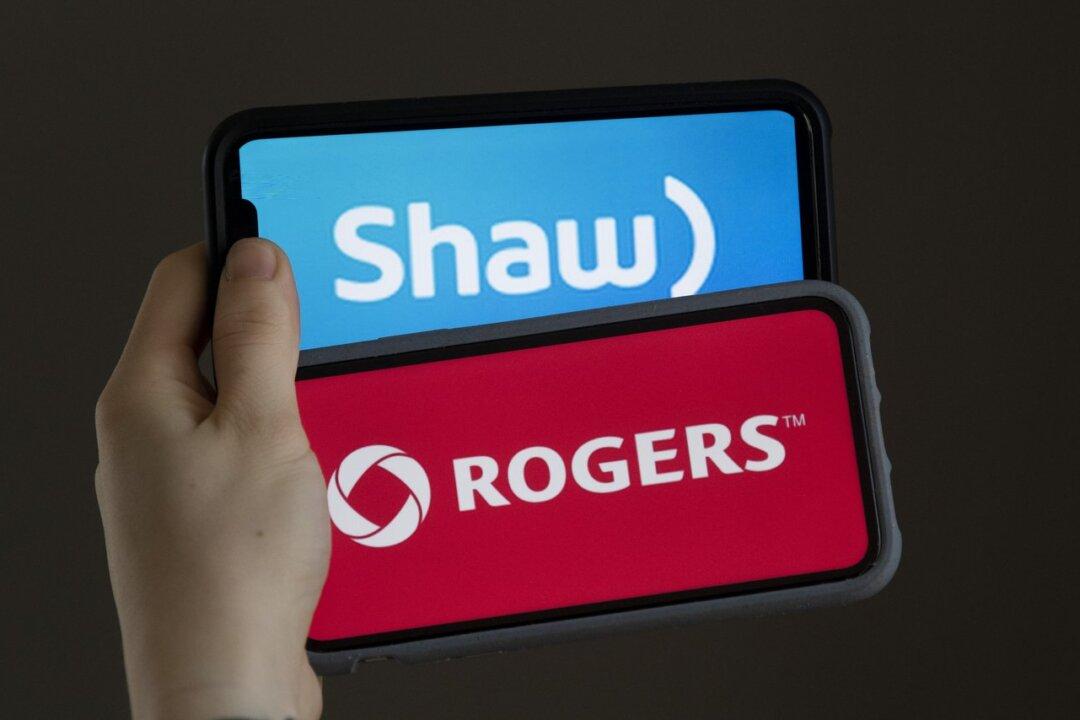The Competition Bureau is appealing the Competition Tribunal’s dismissal of its case against Rogers Communications Inc.’s $26-billion takeover of Shaw Communications Inc., the agency said Friday.
The telecom companies said Friday that they were informed of the bureau’s intent to appeal the Tribunal’s decision, released late Thursday, as well as that the bureau will apply for an injunction to block the deal from closing until an appeal is heard.





